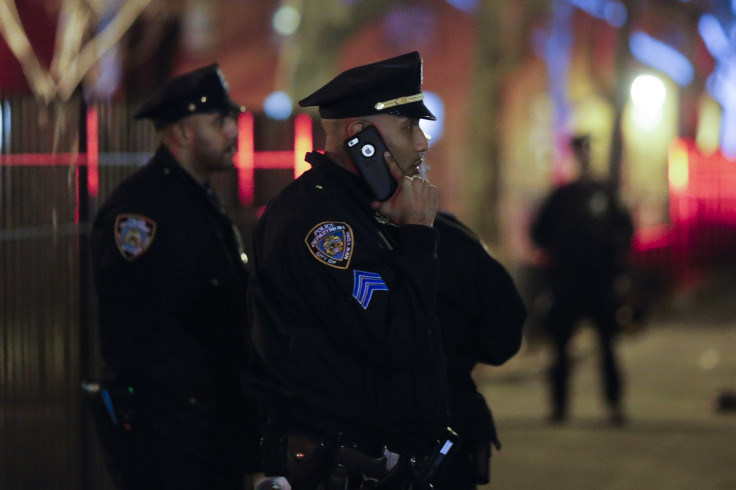New York Police Crack Down On Online Prostitution By Posting Fake Ads, Sending Alerts

The New York Police Department has begun posting fake ads and sending text-message warnings to those looking online for prostitutes as part of a broad initiative. Authorities post phony listings on prostitution sites and wait until the "john" arrives to arrest them.
However, some potential solicitors don’t show up for their appointment. The NYPD sends automated messages even though there wasn't an arrest, the New York Post reported Wednesday.
"The NYPD sent you this message because you responded to an online ad for prostitution. Offering to pay or paying someone for sexual conduct is a crime and punishable by incarceration up to 7 years," one message reads.
The NYPD’s human trafficking team began the strategy in February in an effort to deter those seeking and purchasing sexual favors over the internet.
"There’s nothing you can do about the regulars who do this all the time," a source told the Post. "But hopefully it will scare people trying it for the first time, or legitimate people who have jobs or families who don’t want to get arrested."
Prostitution stings occur one to two times a week across the city, the source said. Authorities use fake ads created to be as realistic as possible to lure in suspects, while officers wait in hotel rooms to make the arrest.
"Advertisements are posted by the NYPD and you won’t know which ads are from us. People who show up in response to our ads are likely to get arrested," the NYPD told the Post.
Female officers answer the calls and pose as prostitutes attempting to entice those who responded to come to the location, sources said.
Meanwhile, prostitution remains steadfast across the country. In October, Florida police arrested approximately 277 suspects, including cops, pharmacists and doctors, during an undercover sex sting operation called "Operation No Tricks, No Treats."
During the bust, officials from several jurisdictions across the state posted false advertisements on websites, social media sites and phone apps posing as "prostitutes or to solicit sex workers."
© Copyright IBTimes 2024. All rights reserved.











